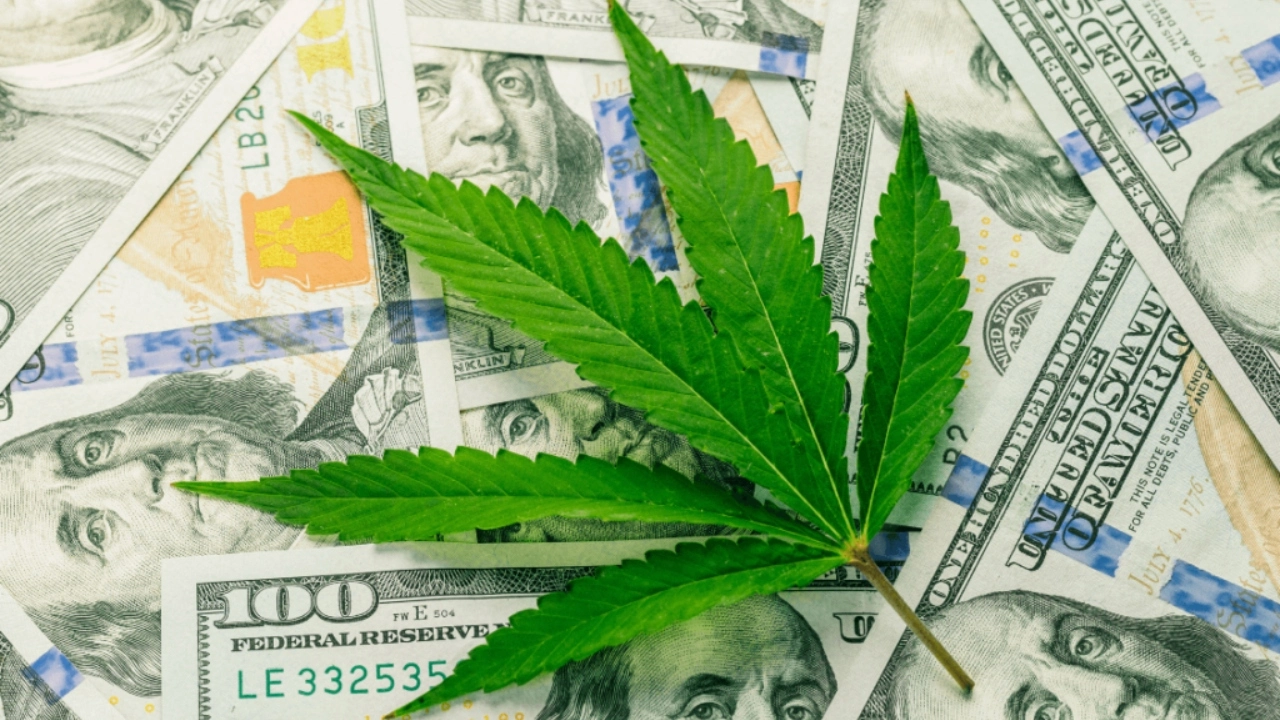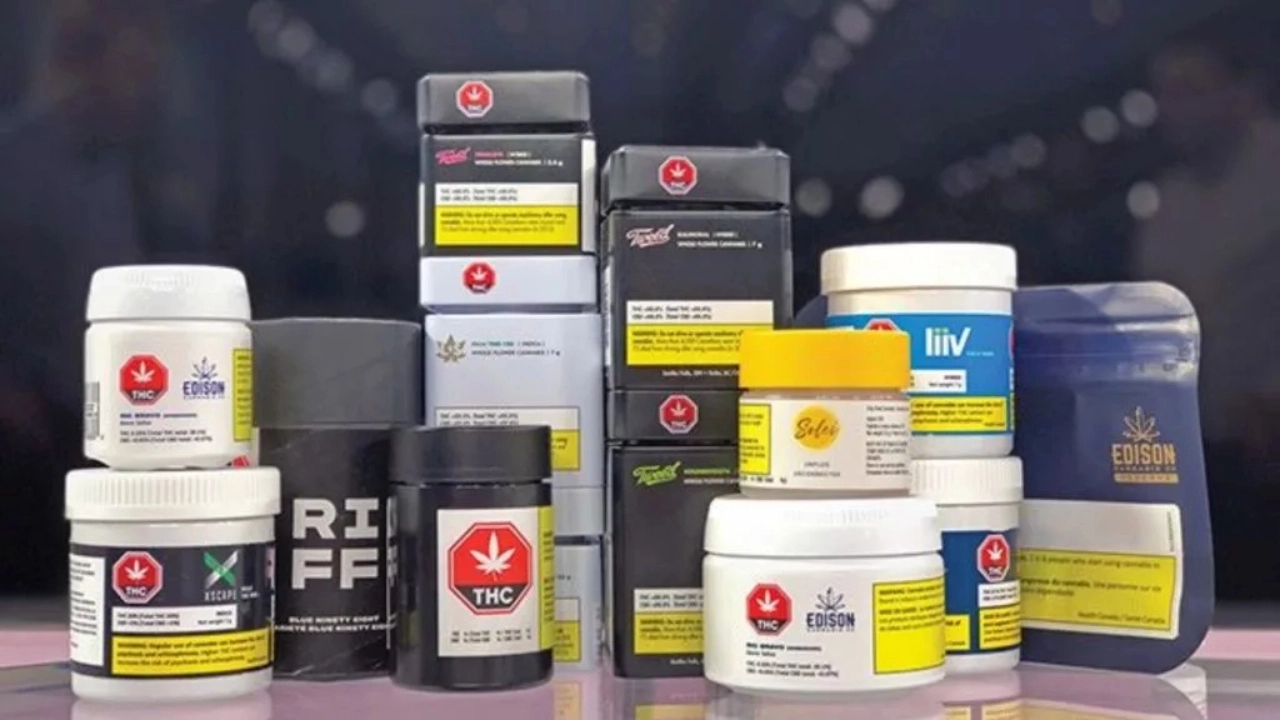Canadian marijuana industry leaders are meeting this week in Ottawa, Ontario, where they hope to impart an “urgent” message to federal lawmakers: Overtaxation is threatening the survivability of legal businesses, potentially putting the public-health objective of legalization at risk.
Marking the four-year anniversary of Canada ending marijuana prohibition, industry group Cannabis Council of Canada on Monday gathered business industry representatives to bring attention to their call for “urgent action to protect the public health, public safety, and job gains of cannabis legalization.”
At the heart of the demand, the industry group says, is that the excise tax producers are required to pay is unfair because it was created for cannabis prices being much higher than they are today.
Canada’s excise duty imposed on producers’ dried cannabis is either 1 Canadian dollar per gram or 10% of the value of the gram, whichever is greater.
Different excise rules apply to various cannabis derivatives and other products such as edibles.
However, that excise formula was created by policymakers who expected wholesale prices to be over CA$10 ($7.10) per gram.
Instead, actual prices are more than 50% lower, business officials said.
The excise tax is “elbowing out the prospects for regulated producers,” Cannabis Council of Canada CEO George Smitherman said at a news conference.
“We have seen price degradation over the course of three or four years be extraordinary, while the tax has hung in exactly where it was, raising the proportion of the overall product that is into tax.”
In September, the Canadian government took the first official steps for its long-delayed review of the cannabis legislation.
That review is going to study the policy outcomes compared to the legislative goals of legalization.
Smitherman acknowledged any change to the excise tax could end up being a long process, so the industry group is asking Health Canada to immediately pause its annual regulatory fee, which amounts to 2.3% of top-line revenues.
It wouldn’t be unprecedented; to help businesses get through the pandemic, Health Canada deferred the 2.3% annual fee for the 2020-21 financial year.
The 2.3% annual fee is separate from corporate excise payments.
During the news conference, Dan Sutton, CEO of British Columbia-based cannabis producer Tantalus Labs, said, “We are here with no short of an emergency crisis ask: To reevaluate and reassess the way we tax and burden small businesses in cannabis.”
Marc Ripa, founder of AB Labs in Hamilton, Ontario, asked that the 2.3% recovery fee be abolished “immediately.”
“We don’t have 18 months left,” he said, adding that the excise tax was supposed to reflect 10% of sales, but “it’s now representing 40%.”
“There comes a point where companies cannot continue to operate and sustain their performance under the conditions we have to do,” Ripa said. “We need the government to address immediately.”
An MJBizDaily analysis found that the most profitable cannabis businesses in Canada since legalization are entirely government-owned, while private-sector profits are nearly nonexistent.
Last spring, MJBizDaily reported that unpaid federal excise duty is piling up in Canada’s cannabis industry, with excise debt more than tripling to CA$52.4 million ($40 million) as of March 2022, up sharply from CA$16 million owed in March 2021.
“That’s a signal of the growing urgency for more immediate attention,” Smitherman said at the news conference.




